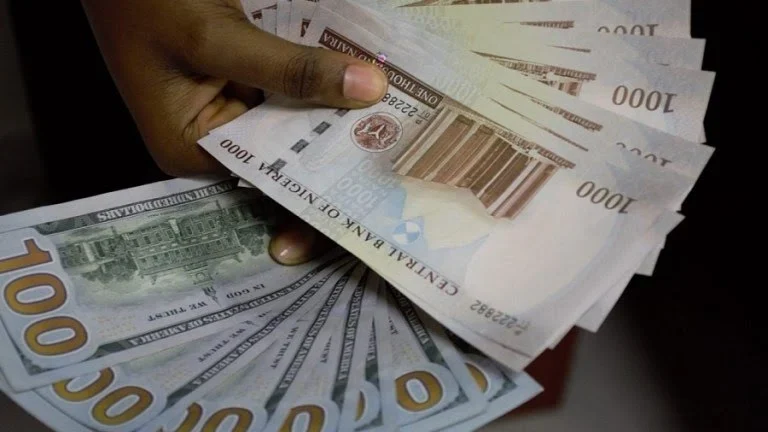The naira weakened at the official market last week, losing 1.25% to close at ₦1,536.89/$ on Friday, according to the Central Bank of Nigeria (CBN). The currency had started the week at ₦1,528.03/$, down from ₦1,517.93/$ in the previous session, before fluctuating midweek and closing lower.
The decline comes amid stalled talks on the naira-for-crude deal between the Nigerian National Petroleum Company Limited (NNPCL) and local refineries. Both parties are set to resume negotiations this week, with the possibility of extending the contract. Meanwhile, Dangote Petroleum Refinery has temporarily stopped selling petroleum products in naira, citing exchange rate concerns. Experts warn this could further strain the FX market, as oil dealers will need more US dollars for transactions.
Despite the CBN’s efforts to boost FX supply to banks and Bureau De Change operators, the naira remains under pressure. Analysts caution that without structural reforms, these interventions will only offer short term relief.
At the parallel market, the naira gained ₦12, closing at an average of ₦1,568/$, reflecting a 0.77% appreciation week-on-week. However, CBN’s foreign reserves dipped by 0.06% to $38.35 billion, highlighting continued pressure on Nigeria’s external reserves due to limited FX inflows.
Oil price movements remain a key factor in Nigeria’s FX outlook. Brent crude rose 3% last week to $85 per barrel, driven by U.S. sanctions on Iran and OPEC+’s decision to maintain production cuts until June 2026. Given Nigeria’s reliance on oil revenue for FX reserves, these developments could influence the naira’s stability in the coming weeks.

